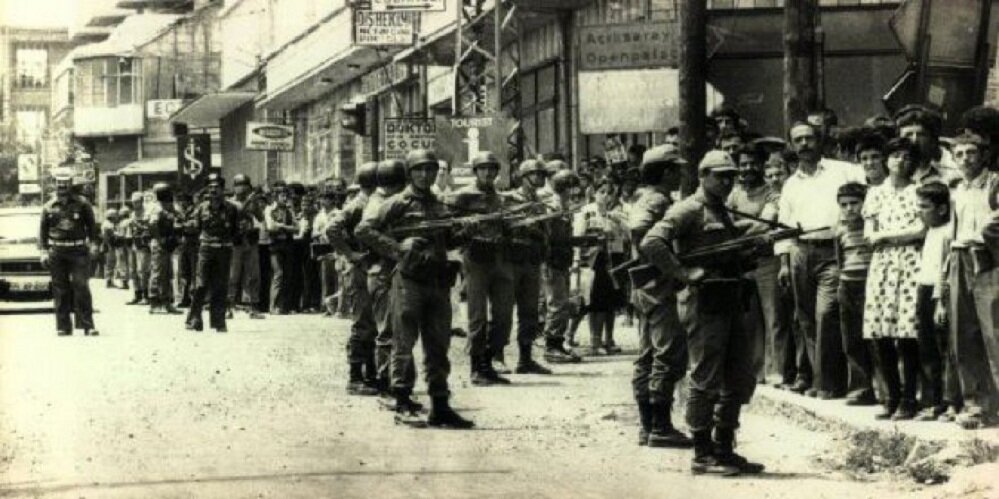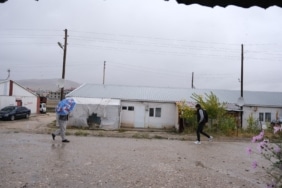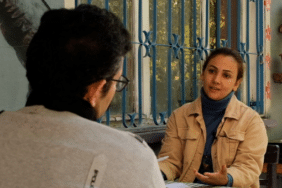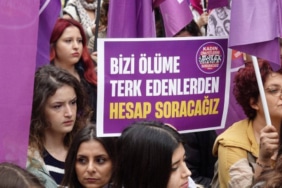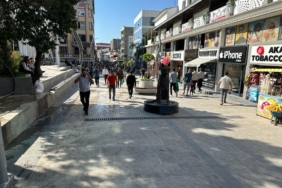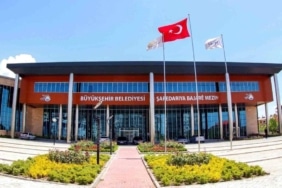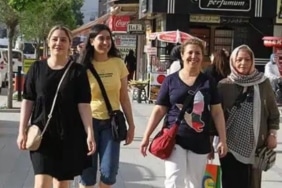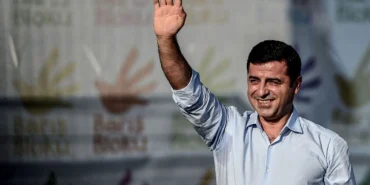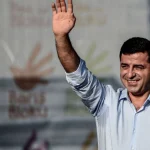A large number of people were arrested on September 12, when the absolute oppression, under another name, martial law, was carried out, and the days in the world of these detainees were scraped. The experiences of those who were in Diyarbakır prison at that time, their experiences and what they could tell, were those experiences that were definitely believed by being tried.
We were remembered from the days of September 12, which was used in this news, to process the item, with the archive image. The narratives of Cemal Şen, Celal Şenay Bartu, Tayyip Kızılyıldız and Sabahattin Gün, who were arrested in the 80’s Coup, complete the summary of the products and the Turkish politics obtained until it becomes comprehensive. Forty-two years have passed since the September 12 coup. September 12, 1980 under the leadership of Kenan Evren created a positive convincing havoc in Turkey. Like this rural prison, or the finished one, like the Diyarbakır Prison, and popular culture, authoritarianism and its symbols, which are associated with the Turkish-Islamic Synthesis, were also talked about a lot. In the memory of a single child in Turkey; something that is “heterogeneous”. In the case of ‘Modern Political Memories: Intersecting Oppositions and Parallelisms’ in Turkey in 2015, September 12 is the most remembered in Turkey.
According to the records, 1 million 683 thousand people were registered in the public institutions and organizations of the Republic of Turkey. 230,000 people were tried in the State Security Court. The death penalty was demanded for 7 thousand people and 517 people were given the death penalty. 14,000 people were stripped of their citizenship. Close to 100 thousand people were accused of being members of the organization. 3 journalists were killed. More than 300 journalists were put on trial. 300 people were tortured and killed. Hundreds of people were killed in the middle of the street.
Witnesses of September 12: Cemal Şen, Celal Bartu, Tayyip Kızılyıldız and Sabahattin Günay
The turmoil before the September 12 process, which redesigned Turkey’s political and social life, left its place to an atmosphere of absolute oppression after the military intervention. Many political prisoners of the time, who were tortured, are either kept in prisons or are forced to live abroad. Political figures from the Kurdish movement, such as Gülten Kışanak and Aysel Tuğluk, are still in prison today, being subjected to similar charges. Cemal Şen, Celal Bartu, Tayyip Kızılyıldız and Sabahattin Günay, who were imprisoned in Diyarbakır Prison, which was one of the most talked about prisons at that time, talked about the political atmosphere of the period and their experiences in prison.
‘If my shoes were not lost, I would have survived’
Cemal Şen, who calls his experiences in Diyarbakır Prison a human shame, was born in 1956 in the Topçudeğirmeni (Şamanis) Village of Van. Having completed his primary school education in the village, Şen left his family for secondary school education and came to Van. When his secondary school years coincided with the execution of Deniz Gezmiş, Yusuf Aslan and Hüseyin Inan, which Turkey calls three saplings, he met with leftist ideas. Sen, who thought that what was done at a young age was unjust, took his place in the revolutionary and leftist movements after that day. He was a high school student during the Ecevit government years. He describes his high school as “the education home of leftists”. In those years, the high school was occupied by left-wing students on the occasion of March 12, “On condition that it lasts one day or one night,” he says. After graduating from high school, he was successful in the accounting exams he took. He started to work as a civil servant at the Meat and Fish Institution. After the September 12 Coup, he was detained on the grounds of organizing the workers. He was released after being detained for about 2 months. He enlisted in the military in 1983. Later, he was taken into custody again with a letter sent by the Martial Law Command to the unit he served in. He stated that a soldier who came to him while he was in custody told him that he was innocent and would be released. He started getting ready. But unfortunately, he lost his shoes while he was preparing for this. At that time, the same soldier came to him again, stating that the letter he received was wrong and was taken to Diyarbakır one night in the morning. “If my shoes weren’t lost, I would have survived,” he says, telling his own story.

The name of the association has passed for 42 years and the policy has not changed: ‘Currently, I am on trial based on the statements of two secret witnesses’
Celal Bartu, one of the youngest among those arrested in Van at that time, was born in 1968 in Dalbastı (Xûmar) Village. Due to the Martial Law conditions after the 1980 Coup, the security forces increased the pressure on the villages. Every day, many people were taken into custody, and many people were named because of the severe torture they were subjected to. Bartu, named after a confessor, was arrested in 1985 when he was just 17 years old. He considers the torture inflicted as inhumane. After being detained in Van for more than a month, he was taken to Diyarbakır. He was released by the investigating prosecutor after the detention process. However, 20 days later, as a result of the objection of another prosecutor, Bartu and his other friends were arrested again.
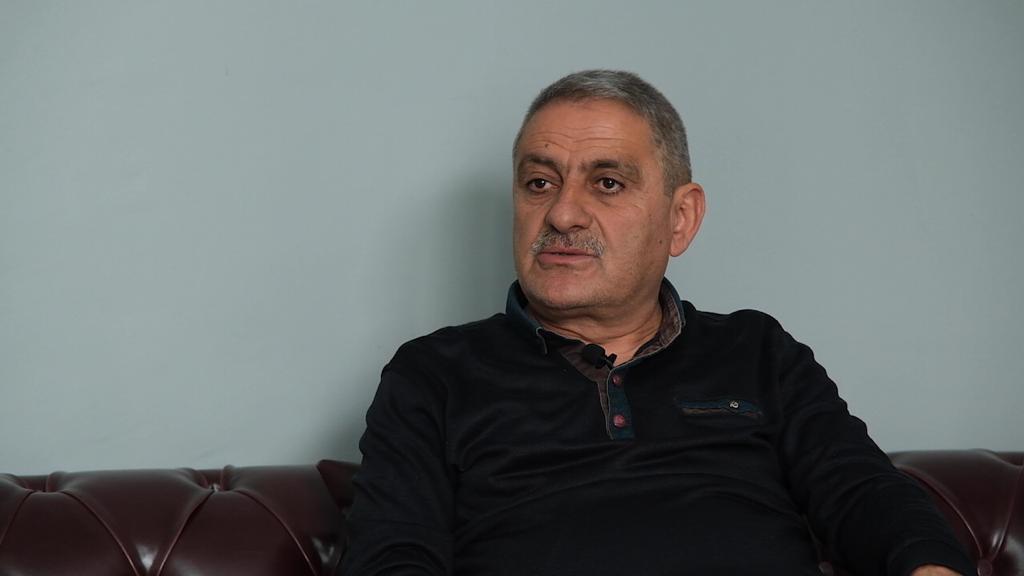
Due to his age, he stayed in the children’s ward of Diyarbakır Prison for 14 months. He is currently on trial in Van Çatak district for his activities during his term as mayor, and for what he has lived through, “Currently, I am on trial based on the statements of two secret witnesses. At that time, when there was any contradictory situation in the testimony of the confessor, the court was not satisfied with this situation. “The trials were better back then,” he says.
‘It was the most intense period of social awakening’
Emphasizing that everyone who was arrested at that time had a high political consciousness, Tayyip Kızılyıldız was born in Van in 1954. He completed his primary and secondary education in Van. Later, in 1976, he studied at the Gaziantep Education Institute in the Department of Mathematics. He could not complete the Department of Ancient Greek Language and Literature at Istanbul University Faculty of Letters, which he started in 1978. He was arrested with the September 12 coup. He became the founder of the Van Democratic Culture Association, which was formed by the progressive and democratic youth in Van before he was arrested, that is, before September 12, and was organized in this environment. Even though this association was closed as a result of the political events, Kızılyıldız and its friends re-established the Van Public Relations Association. Over time, this association changed its name and became Revolutionary People’s Culture.
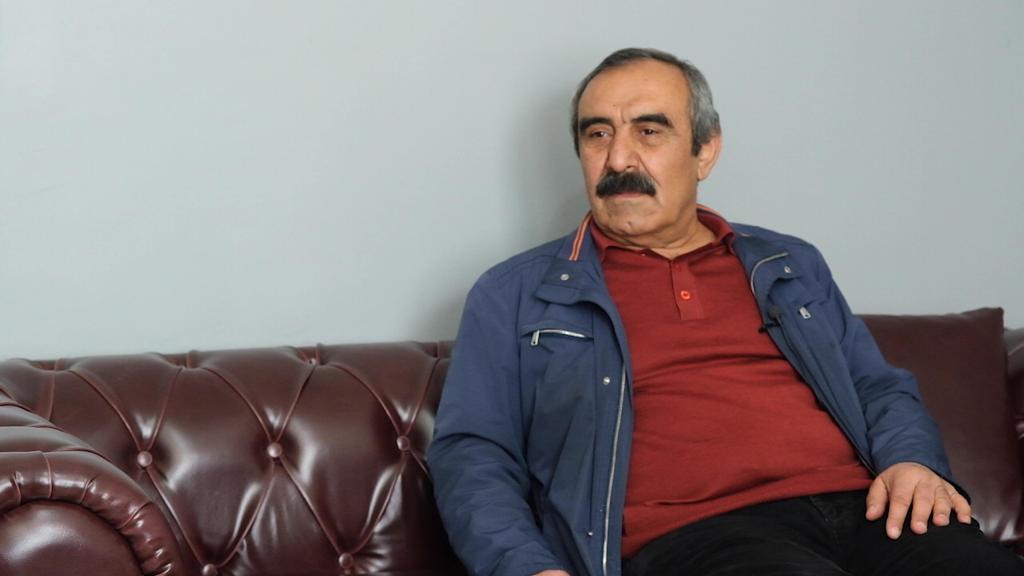
Kızılyıldız , who found or formed a way of revolutionary struggle with his friends without hesitation, describes the pre-September 12 period as “a period of intense social awakening”.
‘Human dignity has won again’
He was detained in a house raid in the early morning in his hometown, where he came for summer vacation, during the coup period of September 12. Like everyone else, he was first taken to Toprakkale, the Commando Battalion, which was engraved in the city’s memory with the events that took place there. After the time spent in detention, he was taken to Diyarbakır. Although there is only one document in the trial file regarding the accusations against him, he spent 6 and a half years in this prison. Stating that they survived with the basic slogans they determined as “human dignity will overcome torture” and with a high level of consciousness during the torture he was subjected to during his time in prison, he said, “I think human dignity has prevailed again. Those who were ashamed were the ones who did the torture,” he says.
He was exiled to a place that was not a village, as a ‘village teacher’
Sabahattin Günay, who was detained for more than 2 years and was subjected to many tortures, was born in 1950 in the Oyuklu (Midye) Village of the Cüngüş district of Diyarbakır, although there is not a single piece of evidence in the file regarding the charges brought against him. He completed his primary and secondary education in his district. After studying at Ergani Teachers’ School, Günay graduated from there in 1971 as a primary school teacher. Günay stated that they were highly politicized while describing the period he studied at the teacher’s school and the structure of the society, and he mostly met with left-wing people during his school years.,

Günay, together with a friend from Isparta, founded the All Teachers’ Union and Solidarity Association (TÖB-DER), the largest teacher organization in Turkey, in 1973 and served as its president for a long time. Emphasizing that TÖB-DER is a highly politicized organization, Günay cites the ‘Mother Language Congress’ held in Balıkesir in 1977 to draw attention to education in mother tongue as an example. He states that there are two groups within TÖB-DER. He says he is in the Freedom Road Group. He states that he continued to carry out his revolutionary activities during his teaching years, so he often faced problems and was even exiled. He adds that there is almost no household, let alone a school, where he was exiled. Therefore, instead of going to the place where he was exiled, he resigned and transferred to the State Hydraulic Works (DSI) as a civil servant.
‘I didn’t regret my experiences as much as the tip of a needle’
But when September 12 happened, he also was detained for his past activities. While describing September 12, he says, “The one who entered was tortured, and the one who stayed outside was also tortured”. He was tried according to the MIT report and was acquitted for lack of evidence after spending more than 2 years in prison and 18 trials. He was unemployed for a long time after he was released from prison, and while describing his experiences, he said, “I have never regretted it. I’m proud of everything I’ve been through. I was unemployed and also did a job, but I did not regret as much as the point of a needle, on the contrary, I was honored. Because I joined the political struggle not for anyone, but for what I believe in,” he says.
Video: Zafer Avnaş-Dildar Güler
Montage: Zafer Avnaş-Hakan Aslan
Translator:Akif Coşkun

